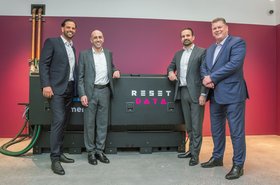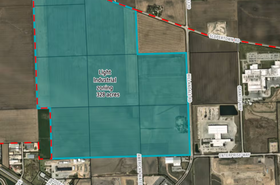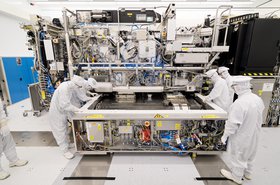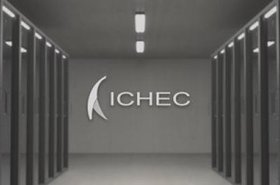The Malaysian Ministry of Energy Transition and Water Transformation (Petra) has said it will address sustainability issues in the data center industry.
First reported by MalayMail, the deputy minister Akmal Nasrullah Mohd Nasir, said in light of the National Energy Transition Roadmap (NETR) launched last year, Petra will encourage data center investors to meet the demands of sustainable development goals.
In addition, Petra will increase its efforts to accelerate the use of renewable energy in the country’s data center industry, through the launch of the Corporate Renewable Energy Supply Scheme (CRESS).
CRESS is a system that will offer open grid access where a third party can supply or buy electricity through the grid network system with a set system access charge.
The system will give corporate consumers access to green electricity by allowing them to procure it directly from a renewable power producer.
“NETR has opened the eyes of foreign investors to come to our country, and the Ministry of Investment, Trade, and Industry is responsible for determining the policy for us to attract investments into the country, while Petra has organized the CRESS,” said Mohd Nasir.
The Ministry of Investment, Trade, and Industry is expected to announce energy and water-efficient standards for data centers in Malaysia next month.
Malaysia has seen significant data center investment over the last few years, taking the spillover from Singapore after the city-state imposed a moratorium in 2019 on data center development.
While the moratorium was eased slightly in 2022, and major developers including Equinix, Microsoft, AirTrunk, and GDS were invited to develop up to 80MW of data center space in Singapore in mid-2023, Malaysia has continued to see interest from investors.
According to a report from Arizton on the Malaysian data center market, this growth is due to factors such as geopolitical stability, a skilled workforce, improved connectivity, and a focus on renewable energy sources. The data center market is expected to grow at a CAGR of nearly 14 percent and reach an estimated $3.97 billion by 2029.







